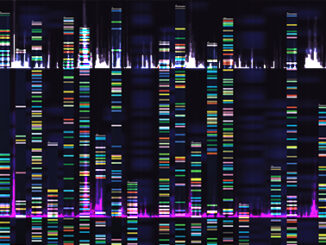DNA Methylation at PON3 May Lead to Weight Loss in Humans Following a Hypocaloric Diet.
Obesity has become a major pandemic in the United States and other countries and is a major burden to healthcare costs due to its co-morbidities including cardiovascular disease, type 2 diabetes, and cancer. More effective ways to treat and prevent obesity and its related co-morbidities is a dire need currently being addressed by biomedical and nutritional sciences research. Weight gain and obesity are driven by a multitude of factors including diet, toxicant exposure, genetic background, and other lifestyle factors. An [more…]











